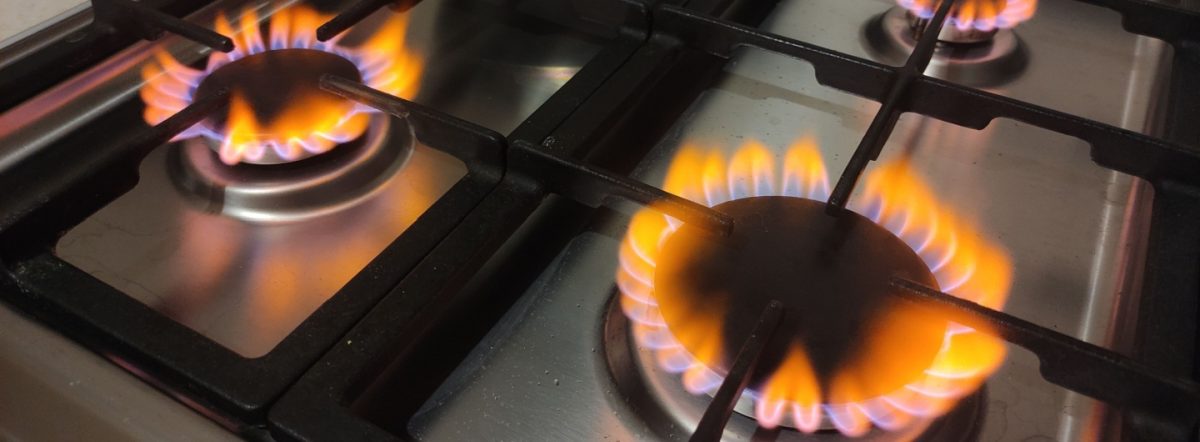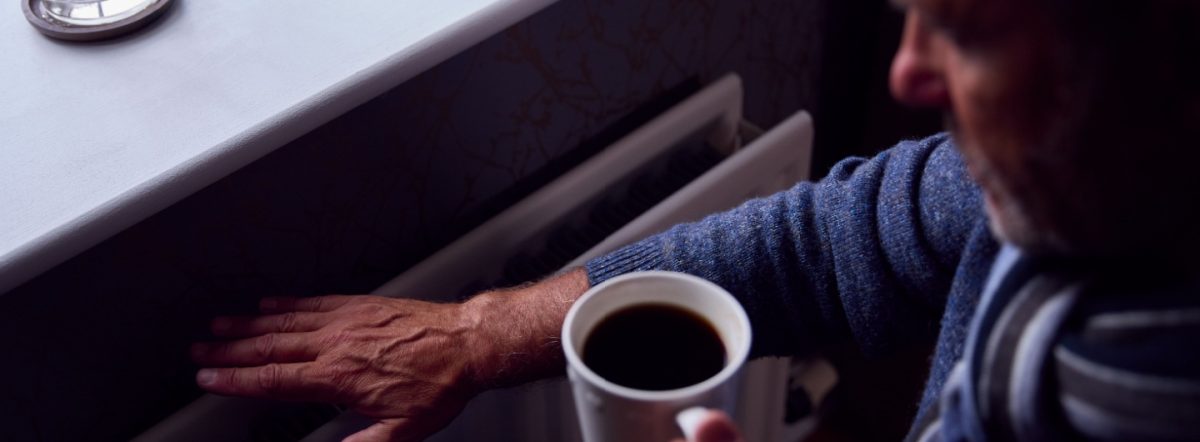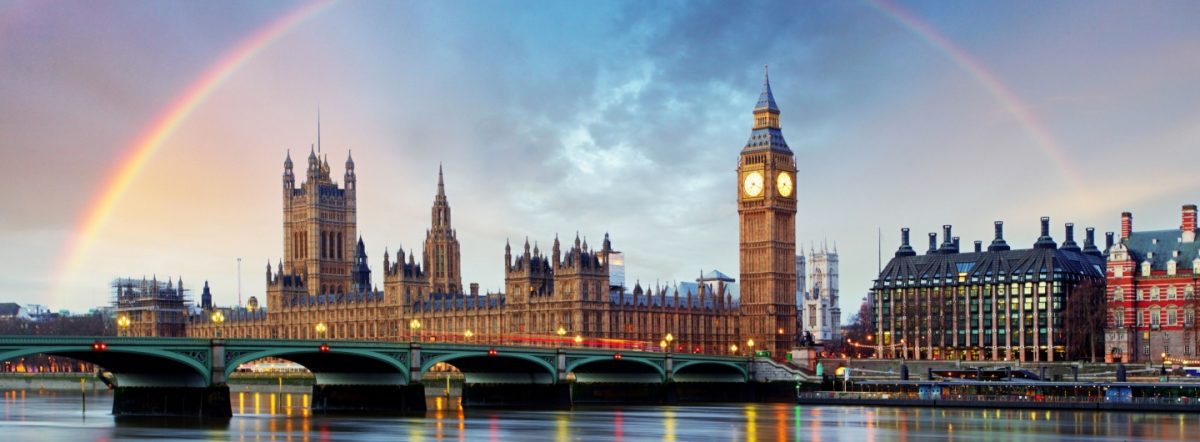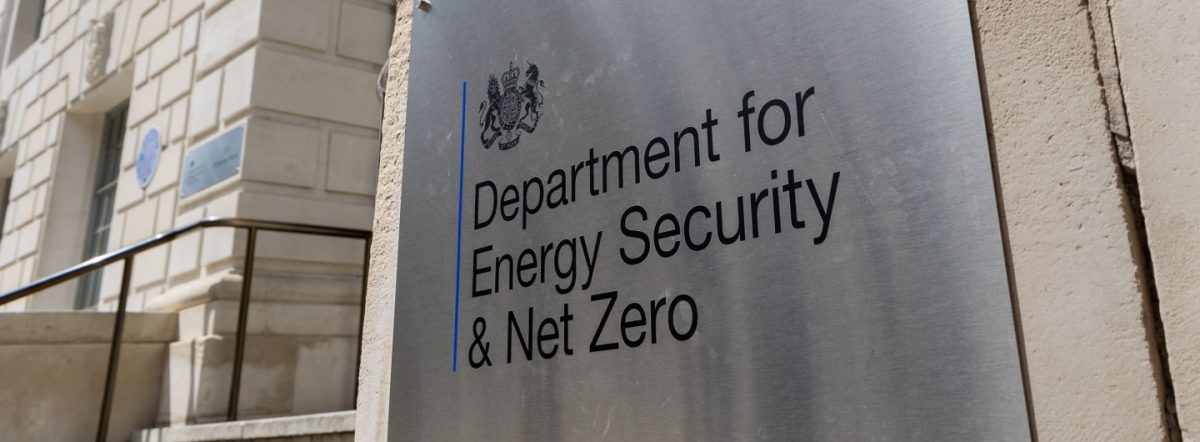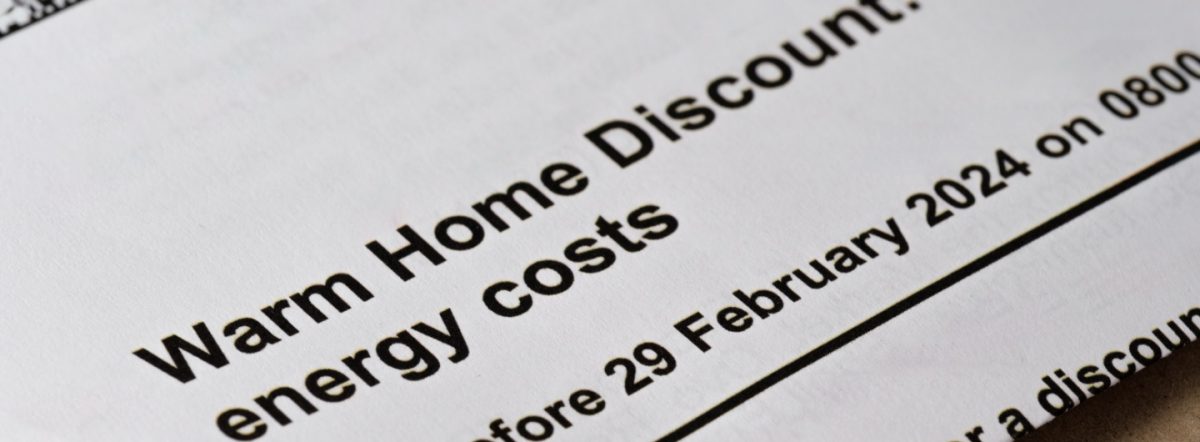The Government’s new £15bn Warm Homes Plan has been welcomed as a potential breakthrough in tackling cold, damp housing, cutting energy bills and slashing carbon emissions.
But campaigners have warned that the Plan [pdf] must avoid the failures of previous schemes, remain focused on helping those most in need, and be backed by strong consumer protections and reform of the wider energy system.
The Plan is built around three main pillars:
- Targeted support for low-income households: with £5bn in grants to fund insulation, heat pumps, solar panels and batteries.
- Universal loan offers: low- and zero-interest finance for any homeowner to access rooftop solar, heat pumps or battery storage.
- New protections for renters: including upgraded energy efficiency standards for the private rented sector.
The Plan is necessary to help address the long-term health impacts of living in cold damp homes and the 12.1m households who struggle with energy bills.
Andrew McCracken, Director of External Affairs at Asthma + Lung UK, explains: “Living in a cold, damp or mouldy home puts people at increased risk of developing serious lung conditions and can cause life-threatening asthma attacks and exacerbations of chronic obstructive pulmonary disease (COPD).
“Poor housing is a key determinant of lung health, so with survey data showing that more than one in five people with lung conditions are living in cold or damp housing, it’s little wonder the UK has the highest rate of deaths from lung disease in Europe.”
Simon Francis, Coordinator of the End Fuel Poverty Coalition, added: “The lifeblood of the Plan amounts to a rescue mission for the coldest, dampest homes in Britain – and this must be the priority. Combined with long-overdue improvements to conditions in the private rented sector, it could save lives, cut NHS costs and permanently slash energy bills for those in fuel poverty.”
So while campaigners have praised the cross-government approach to tackling fuel poverty and the Warm Homes Plan’s ambition, many have warned it must be properly implemented and locally led.
Graham Duxbury, Groundwork UK’s Chief Executive, said: “There’s much to commend in the Warm Homes Plan. We particularly welcome the worst-first approach, the area-based model and the emphasis on local job creation. This is the right long-term strategy but we know it won’t solve the problems of acute fuel poverty and energy debt overnight. We also know that, without additional support, those living in more vulnerable or challenging circumstances may not benefit.”
Kate Meakin, director of Energise Sussex Coast, warned: “Insulating homes is a permanent solution to end fuel poverty… However, if this Plan is to avoid past failures, there must be a mandatory requirement for real-world performance to be monitored after installations are complete – as well as a Warm Homes Guarantee that ensures that every household that receives support actually sees their bills come down.”
The Warm Homes Guarantee, proposed by the End Fuel Poverty Coalition, is built around quality advice on the right installations to deliver, enhanced consumer protections and a promise that every upgraded home will see bills come down. As Graham Duxbury explains, we “would like to see up-front community engagement to ensure widespread take-up and post-installation support to ensure householders gain the full benefit of any measures installed.”
Jonathan Bean from Fuel Poverty Action also highlighted the “catastrophic failures” in the defective ECO4 and GBIS schemes, urging the Government to support households affected while also boosting skills training.
Joanna Elson, Chief Executive of Independent Age also warned that while the development of the Warm Homes Agency has the potential to significantly improve access information and advice about upgrading homes to bring down energy bills, this should not be overly reliant on digital tools: “It is essential that there are national and local services that are accessible to them, including for the digitally excluded.”
Others welcomed minimum energy efficiency standards for private rentals, but raised red flags over key exemptions. Niamh Evans of the Renters Reform Coalition said:
“The Government’s choice to lower the cap on landlord spending from £15k to £10k means many tenants stuck in some of the worst insulated homes will be left in the cold and their landlords won’t be required to bring up to EPC C. We’re also concerned that the government has still not set out plans to protect renters from rent increases or evictions following upgrades linked to the scheme.”
Members of the Coalition suggest that spend caps for landlords make little sense and should at least take account of inflationary pressure and cost disparity in different locations.
Joanna Elson added: “Older people with a lower income are more likely to live in rented homes of a lower value and at lower standards. These decisions may leave some of those most at risk continuing to pay more to keep their home warm or force them to go without warmth entirely. We are urging the UK Government to ensure that homes that need the most improvement benefit fully from the Minimum Energy Efficiency Standard.”
Meanwhile, experts also highlighted the need for wider reforms to work alongside the Plan and the newly published fuel poverty strategy.
Tessa Khan, executive director of Uplift, said: “A Warm Homes Plan is desperately needed, with world events once again highlighting the UK’s vulnerability from our over-reliance on gas for heating. We can no longer bank on the North Sea because, after 50 years of drilling, the UK has now burned most of its gas.
“Ending this dependency, by ensuring our homes are more energy efficient – particularly for those on lowest incomes – and powered by renewable energy, is both pragmatic and the right thing to do for ensuring we have affordable energy.
Chris Galpin, Senior Policy Advisor at E3G, said: “Stronger building efficiency standards will be life-changing for many renters – slashing their bills by hundreds of pounds a year, as well as keeping their homes drier and healthier. But more still needs to be done to protect households with electric heating, who are twice as likely to face fuel poverty as other households.”
Frazer Scott from Energy Action Scotland added that while the Plan needs to be clearer about what funding is UK and what is devolved, the announcement was also “another lost opportunity to at least signal consideration of a social tariff for energy users.”
Therefore, while the Plan and the fuel poverty strategy bring together many long-standing policy asks, the End Fuel Poverty Coalition is now developing the next steps required to ensure it fulfils its potential, this includes:
- Full transparency on funding: distinguishing new investment from previously announced budgets and clarity on devolved settlement.
- Action on electricity pricing, to make electric heating cost-competitive and fair.
- Robust standards, consumer protections and oversight through a Warm Homes Guarantee to avoid a repeat of past failings.
- Increase the landlord spending cap to £15k, safeguards to stop landlords fiddling with Energy Performance Certificates, a prevention of rent increases or evictions due to improvements and a robust defence of the proposed policy in light of likely lobbying from landlords’ groups.
- More interim financial support, such as Cold Weather Payments reform, Warm Home Discount extension and energy debt relief (over an above the latest proposals from Ofgem) while upgrades are rolled out and a long term social tariff is developed.
ENDS


